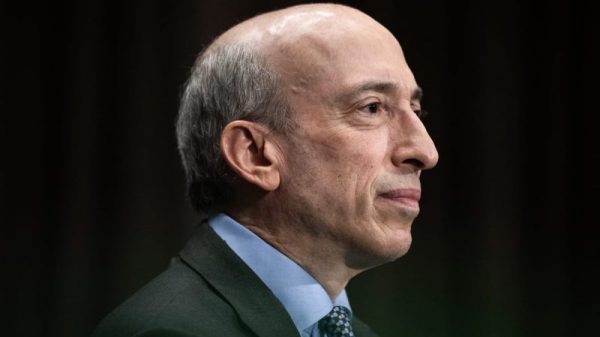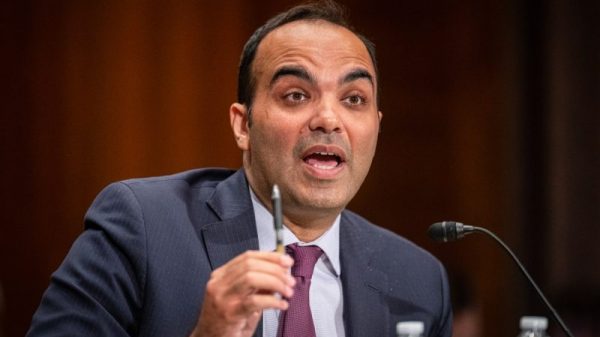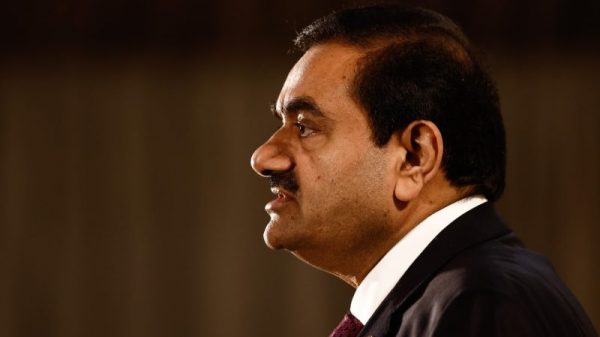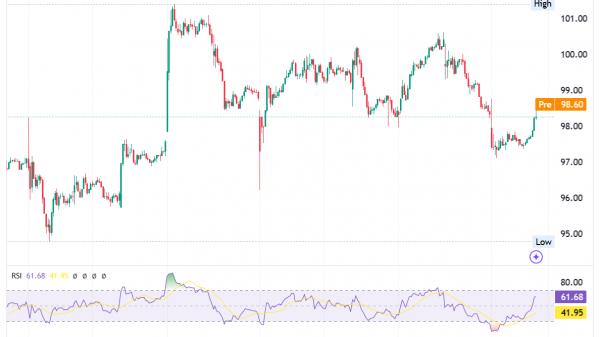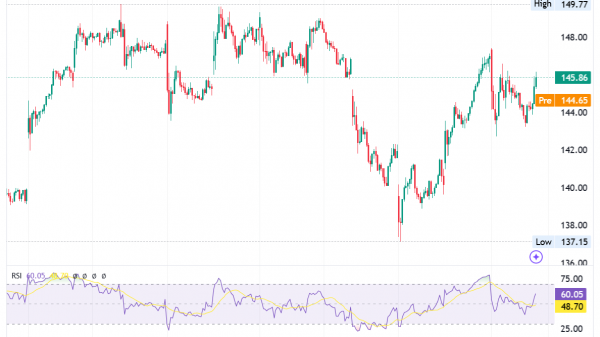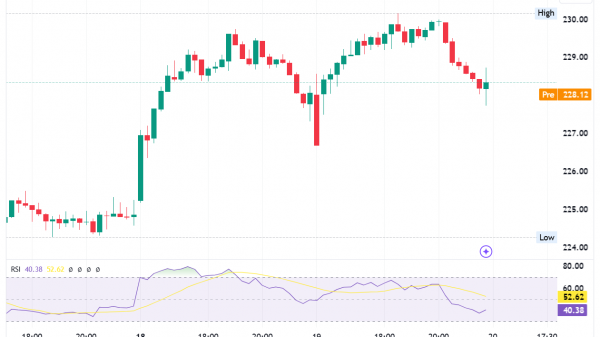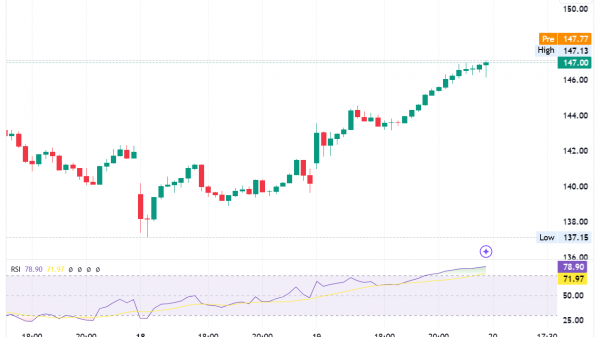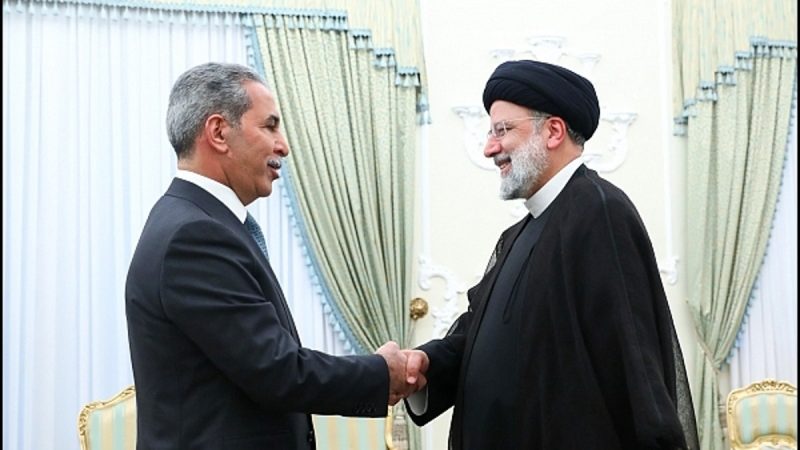EXCLUSIVE — Iraq’s top judge, Faiq Zidan, who seeks the arrest of former President Donald Trump, confirmed through his spokesperson to Fox News Digital that he has indeed been invited to Washington, D.C. Fox News Digital first broke the story that Zidan had been invited to Washington.
There had been confusion about the controversial judge’s visit to Washington, D.C., when it was revealed that he was to meet with officials at the Department of Justice. A State Department spokesperson told Fox News Digital last week, ‘The Supreme Judicial Council President Faiq Zidan is going to be hosted by the Department of Justice, so we defer to the DOJ to discuss their meetings. We engage with a wide range of counterparts in Iraq, and we value engaging the Iraqi judiciary. The DOJ meets regularly with foreign judicial leaders.’
Yet conflicting with the State Department spokesperson’s statement, a source familiar with the situation told Fox News Digital last Thursday that ‘Zidan will not be meeting with any DOJ officials.’
On Monday, Zidan’s spokesperson texted Fox News Digital on the WhatsApp messaging service, writing, ‘His visit to Washington was postponed due to the current war conditions. When he visits Washington, he will hold a meeting with you to clarify many matters that are not clear to American public opinion.’
Fox News Digital called Zidan’s spokesperson before publication of its first article on his planned visit. She declined to comment on the telephone or via WhatsApp. After Fox News Digital sent the Iraqi spokesperson its published story, she issued the statement that the war in Israel was preventing Zidan from traveling to Washington.
According to a source familiar with Zidan’s invitation to the DOJ, the judge told many U.S. officials that the DOJ invited him to Washington, D.C.
In January, Zidan said that Iraq’s Supreme Judicial Council had filed an arrest warrant for Trump with regard to the U.S. targeted killing of Iranian Qassem Soleimani, commander of the Islamic Revolutionary Guard Corps (IRGC) Quds Force, who reportedly oversaw the murders of more than 600 American military personnel in the Mideast.
According to an article on the website of U.S.-sanctioned Iranian President Ebrahim Raisi, the Iraqi judge said during a meeting earlier this year with the Raisi, ‘One of the most important examples of judicial cooperation between the two neighboring and brotherly countries is the trial of all those who participated in the terrorist crime of martyring the commanders of fighting against terrorism.’
Zidan’s reported statement was said in a discussion on pursuing ‘justice for the martyrs Soleimani, al-Muhandis.’
Abu Mahdi al-Muhandis was the head of the pro-Iran Kata’ib Hezbollah militia in 2020. The U.S. military killed Soleimani and al-Muhandis with a lethal drone strike near Baghdad International Airport.
Richard Goldberg, a senior adviser for the Washington, D.C.-based Foundation for Defense of Democracies, told Fox News Digital, ‘The Justice Department should be focused on protecting Americans targeted by IRGC assassinations and kidnapping plots, not hosting the IRGC’s man in Baghdad who wants to prosecute Americans for killing terrorists. Zidan should not be allowed in America.’
Michael Knights, a fellow of the Washington Institute who has written about Zidan, told Fox News Digital that ‘Zidan issued one order after another that has disadvantaged opponents of Iranian militias.’
Knights said that after the U.S. invasion of Iraq in 2003, Soleimani and al-Muhandis ‘were the architects of moving Zidan up through the judicial system. He was running counterterrorism courts so that none of Iran’s friends got prosecuted under Iraqi law.’
The lack of modern judicial norms in Iraq was noted by Knights, who said Zidan ‘is a supreme court judge who can hire and fire other judges. Iraq has one supreme court judge. He is as powerful as the prime minister of Iraq. He is unelected, installed by Iran and has no term limit.’
Benjamin Weinthal reports on Israel, Iran, Syria, Turkey and Europe. You can follow Benjamin on Twitter @BenWeinthal.








